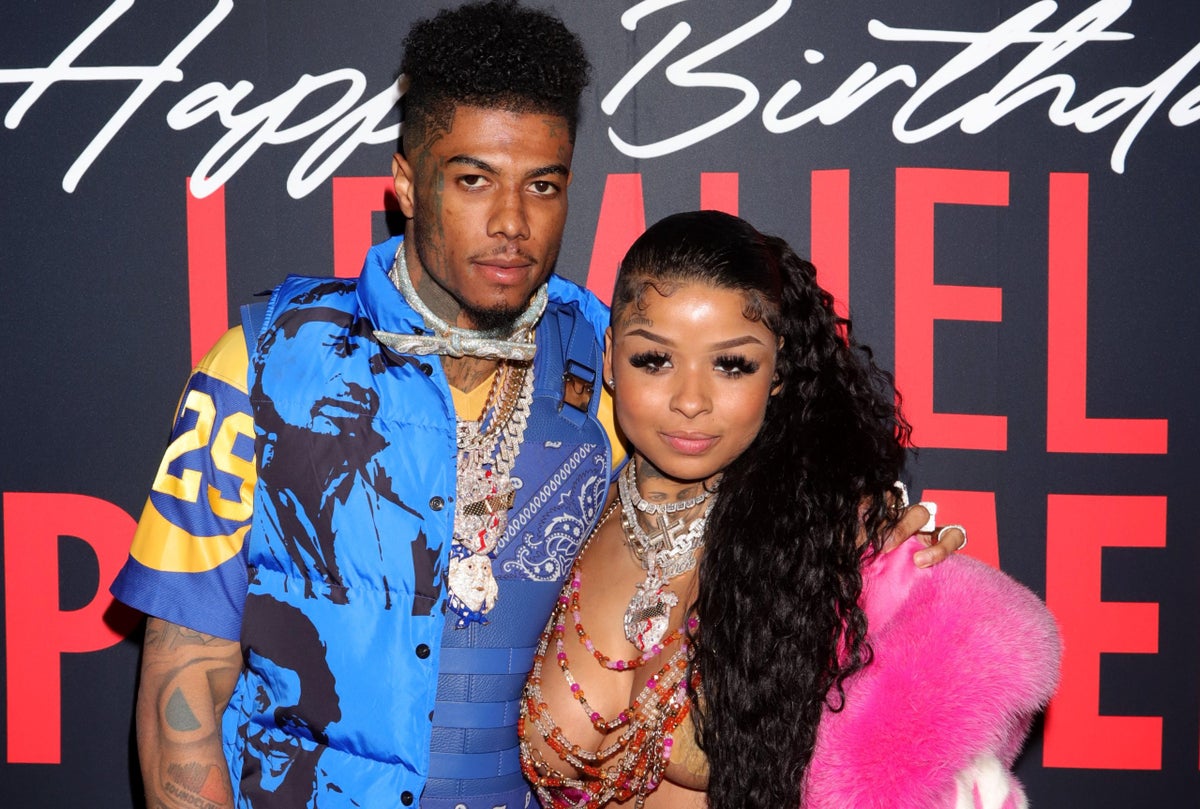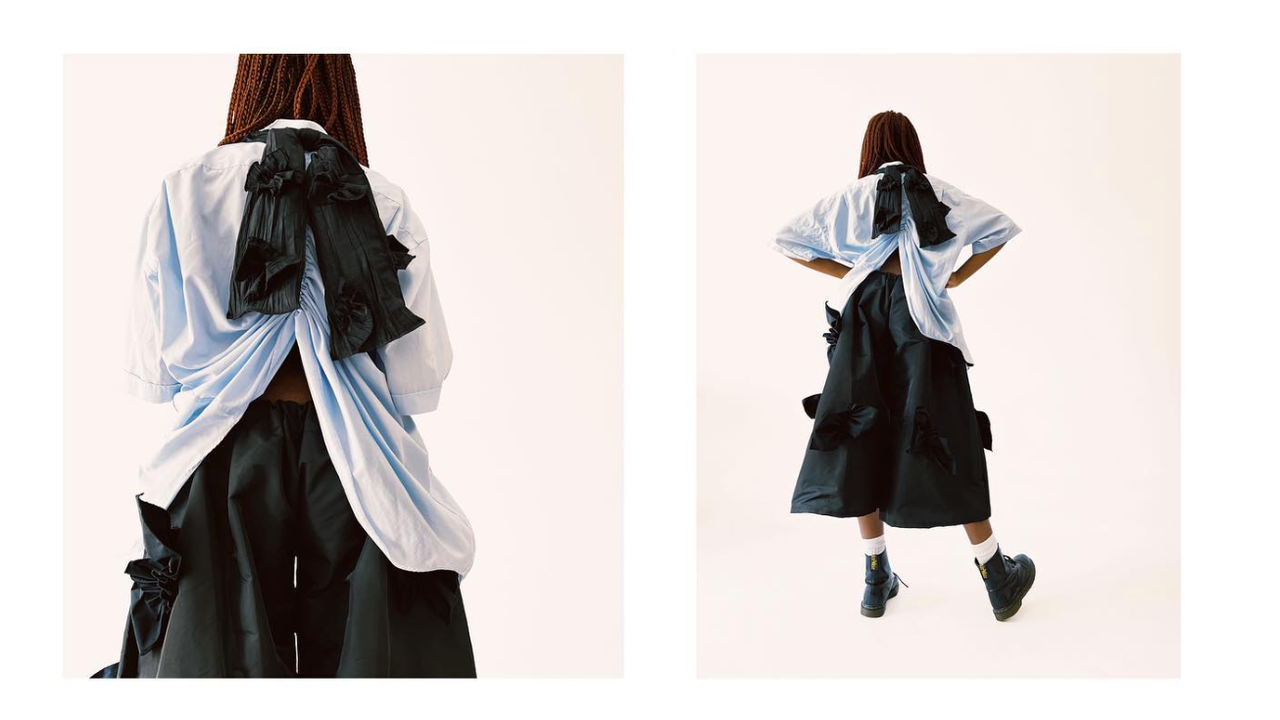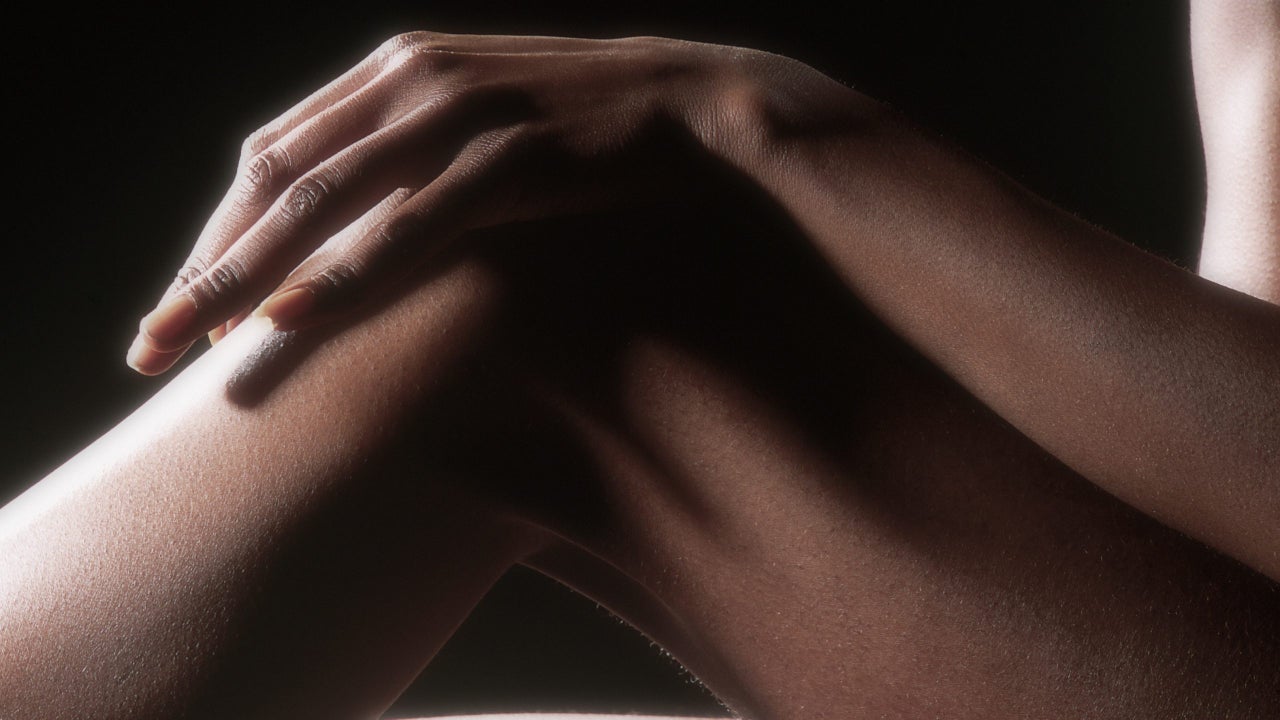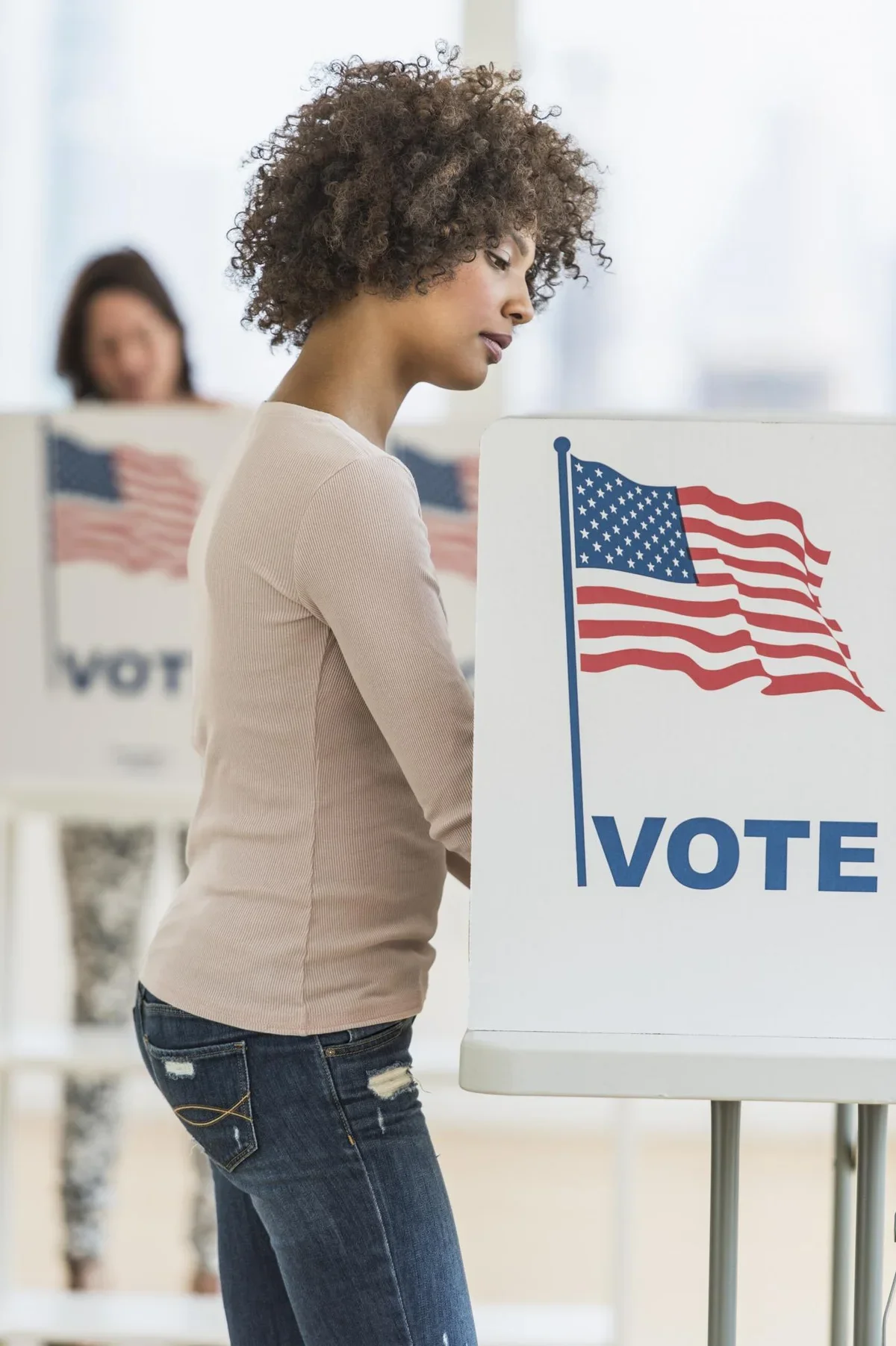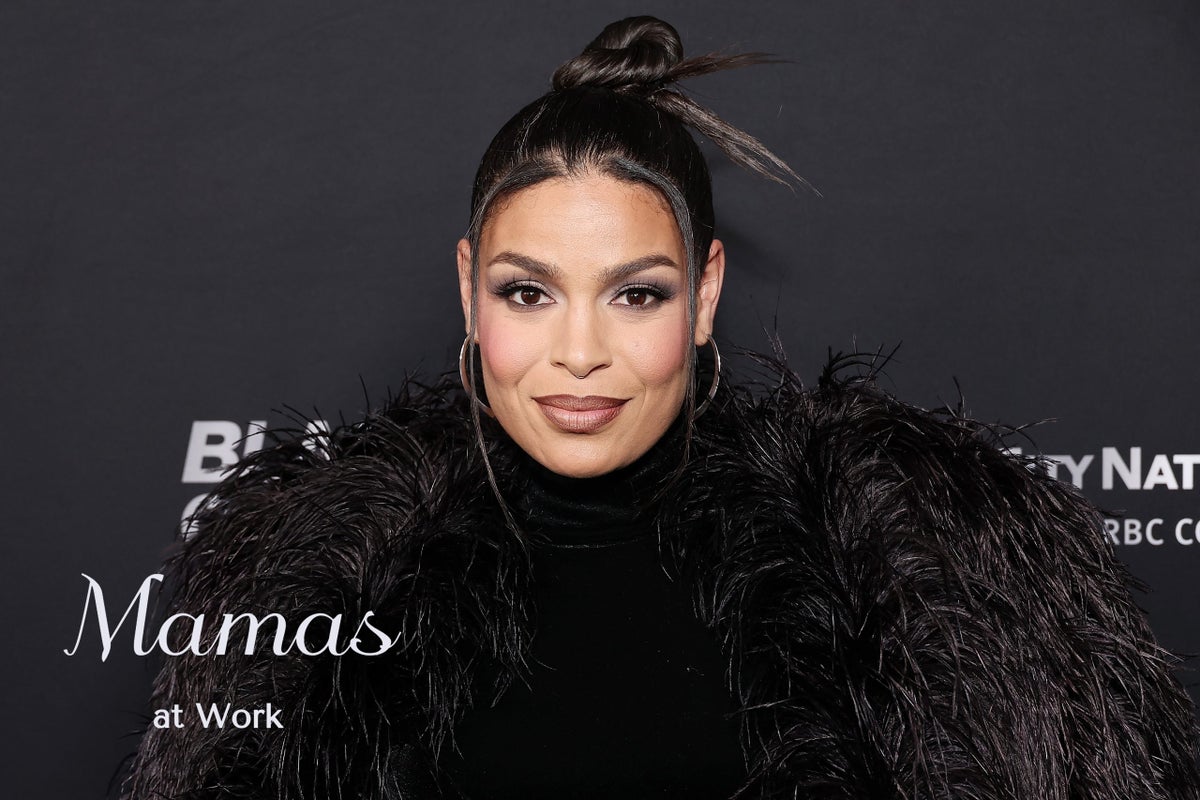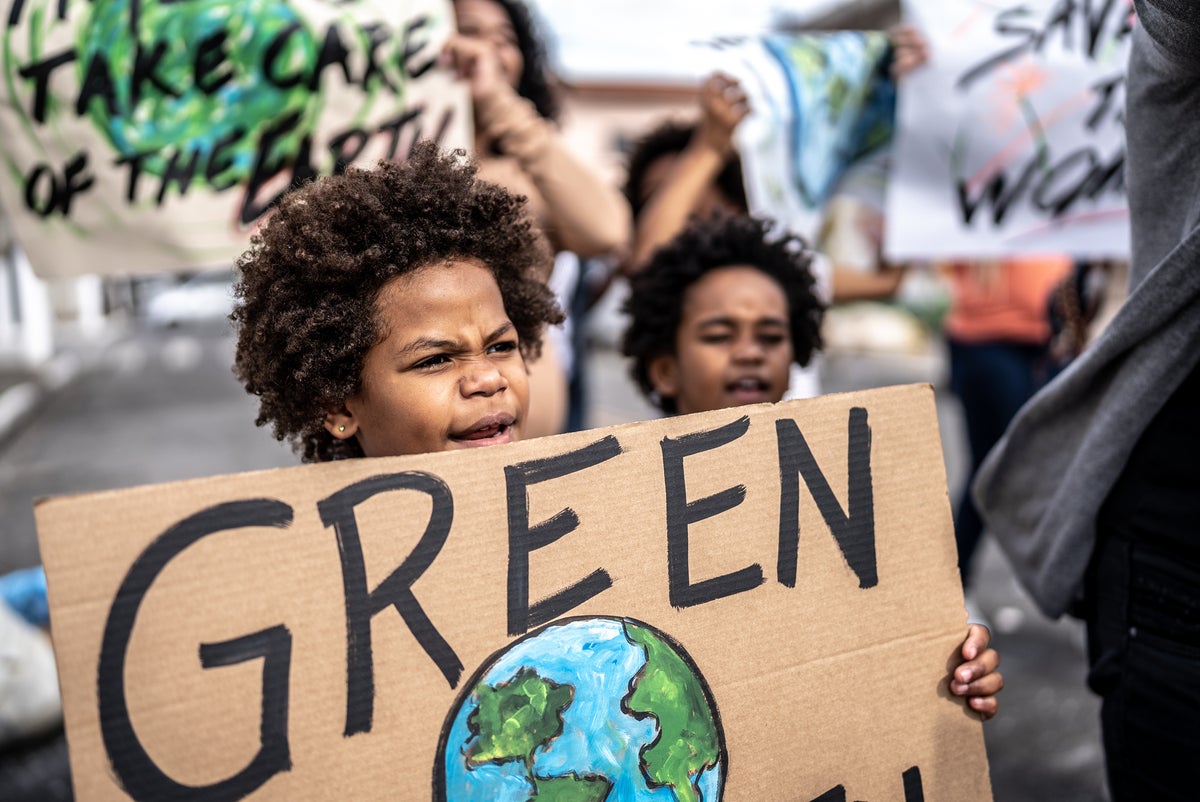
Barry Keim, Louisiana’s state climatologist, has shared that the location is the most vulnerable in the country, and global boiling is the culprit.
The state’s geographic positioning makes it prone to significant damage from sea level rising, flooding and droughts.
The United States Environmental Protection Agency declared in 2017 that in just a few decades, Louisiana will become hotter and less habitable—soils have already become drier, annual rainfall has increased, more rain arrives in heavy downpours, and sea level is rising, the organization states.
Climate change has quickly become one of the most pervasive issues in this country. But for some, it’s been a concern for most of their lives.
Take Ashley Shelton for instance.
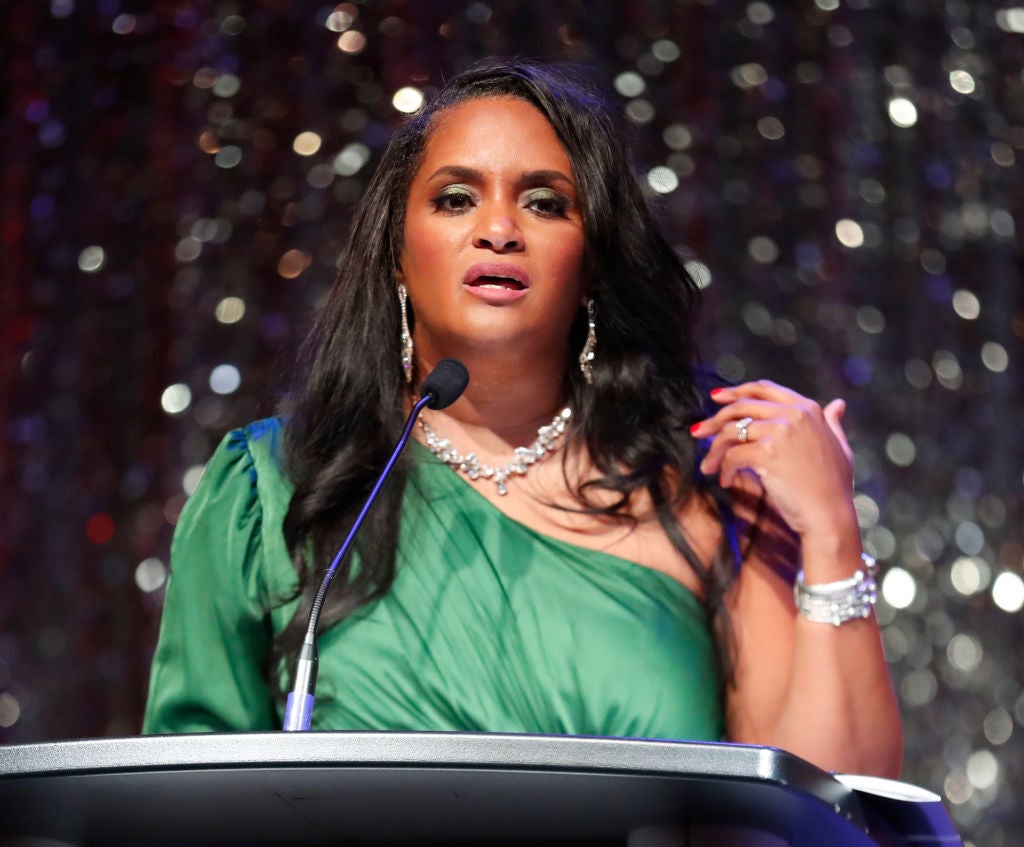
She is the CEO of the Power Coalition for Equity & Justice, whose job includes helping Louisiana residents get access to resources, grants, and volunteers for communities of color facing extreme weather threats. In other words, she works really hard to fill gaps left open by governing bodies that should be doing more.
“There are important stories to tell about the fact that we’re all living in increasing climate, disaster-prone communities across the country and we don’t have a plan. Our state or our country, any level of government doesn’t have a plan,” Shelton tells ESSENCE.
She would know, having lived and worked through the aftermath of Hurricanes Katrina and Rita. But long before those disasters struck, Shelton had been working in positions of service for most of her life. She began with community-focused organizations fresh out of college, which led to her current role leading the Power Coalition, a culmination of what she says she’s purposed to do with her life.
“The Power Coalition really is about ‘how do we get people to fight for and walk in their agency, to create the kinds of systems that actually support people in times of disaster’? That’s essentially what I do everyday and it’s really hard, but fortunately I had a blueprint to look at before jumping in.”
She’s referring to Gail LeBoeuf, co-executive director of Inclusive Louisiana, an organization aimed at protecting the residents of St. James Parish and neighboring parishes, otherwise known as “Cancer Alley.”
Article continues after video.
The area earned the moniker from its particularly high susceptibility to environmental harm caused by nearby industrial pollution. LeBoeuf has lived there most of her life—there being the expanse of land sitting along the Mississippi River between Baton Rouge and New Orleans which holds several petrochemical plants. The chemical waste emitted from the refineries have caused immense health problems for nearby residents, namely terminal cancers.
Her work spans decades and inspire people like Shelton to continue fighting the good fight, no matter how bad it gets.
“I love Ashley,” LeBoeuf tells ESSENCE. “I love the whole Power coalition group. They’re wonderful. They’re wonderful young people doing wonderful work that needs to be done.”
LeBoeuf was born into a household that was always committed to helping the next door neighbor, but it at the age of five that she realized people in power positions don’t always do what they should do.
“Even back then, I recognized that they are self serving. At that young age, I wasn’t able to articulate or understand that quite so pointedly, but I’ve come to realize it’s because of those experiences and being woke at five that I understood what I was here to do: the work they weren’t doing.”
LeBoeuf says her work can be heart-wrenching at times, but she’s invigorated by younger generations picking up the baton. Carlos Pollard, Jr., a law student at Southern University (an HBCU based in Baton Rouge), is an example. A product of Dillard University, he says Shelton, LeBoeuf and other Black climate change activists sparked his passion for the space.
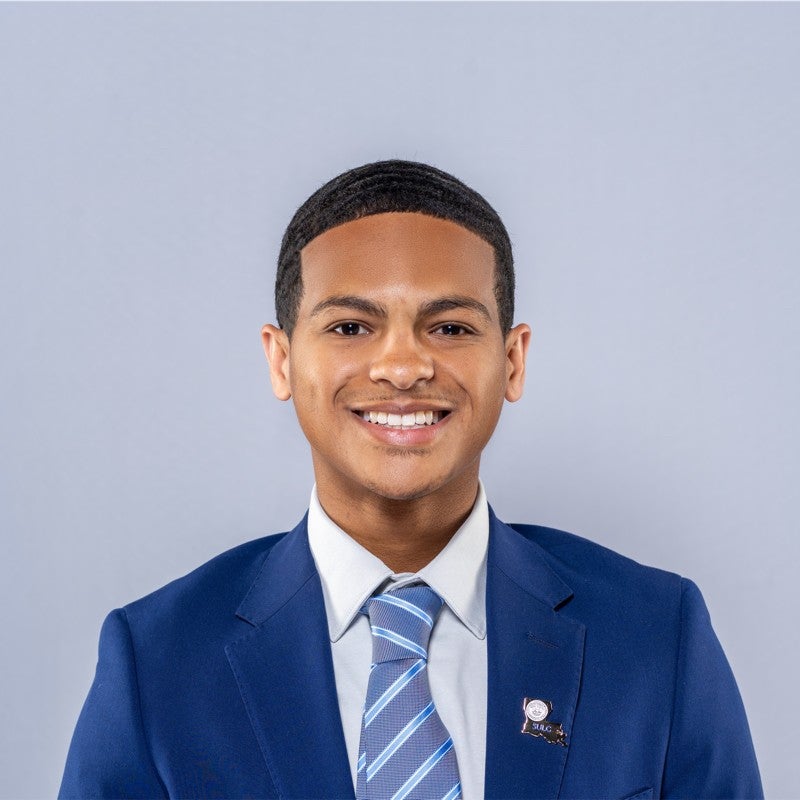
“Being able to be in community with folks who look like you, who think like you and who want to change systems with you really allowed me to see how all of the issues we’re fighting change are intertwined—they’re systematically developed,” he tells ESSENCE. “I really got involved in this work because the love that I have for my community is deeply rooted in my existence as a Black male, as a product of a teenage mother. It’s just that advocacy is the path I’m taking.”
He’s already worked on his campus to galvanize students around eradicating redistricting, and amplify voter registration for elections. He, like Shelton says it incredibly important to pay attention to how local candidates treat global warming, especially since we’ve seen how crises are treated by elected officials.
“Many of us fear that at some point, as we saw in COVID, that the federal government has limitations on how much they can support any one community. And so worrying about how do we make sure that the federal government can always respond to these disasters and how do we help communities that aren’t even getting a disaster declaration?”
Pollard adds: “We have to take steps to get the right people in office and talk to them. Make sure. they know we are aware and concerned about climate justice touching our communities because if we don’t, they’ll do nothing about it.”
He says the reason he’s in law school has nothing to do with him, but everyone else. “I’m going to sue everybody who’s not treating black folks right.”
Because of influences like LeBoeuf and Shelton, Pollard says he’s able to remain hopeful about the future.
“I’m able to stand on their shoulders to make this work. And honestly, I’m trying to move boulders so those behind me can stand even taller.”

